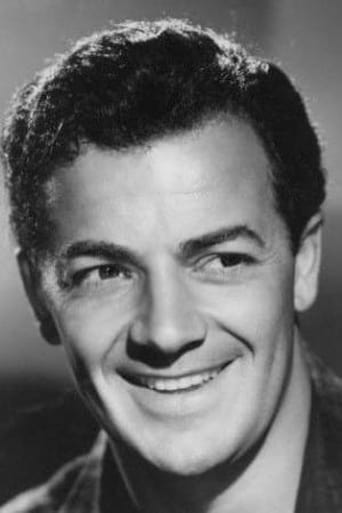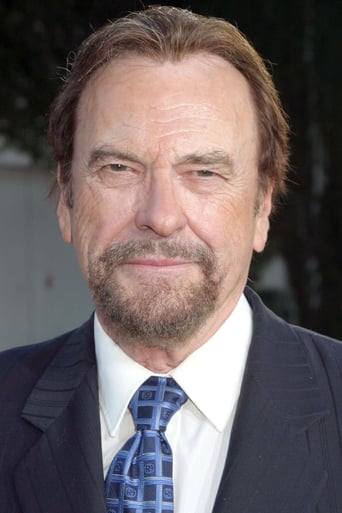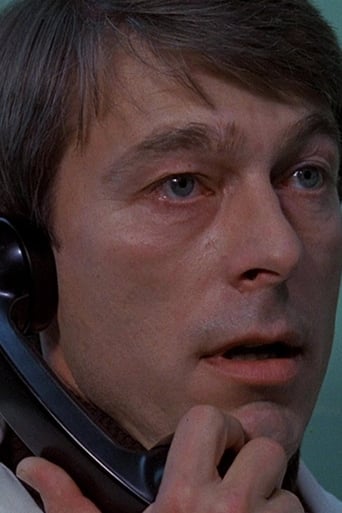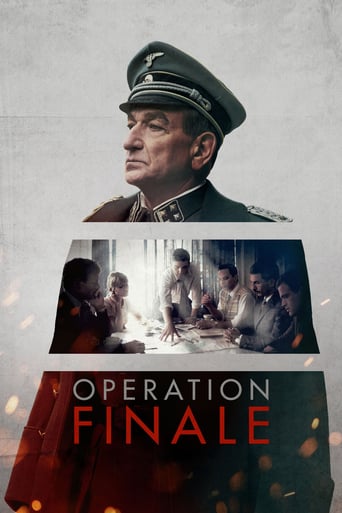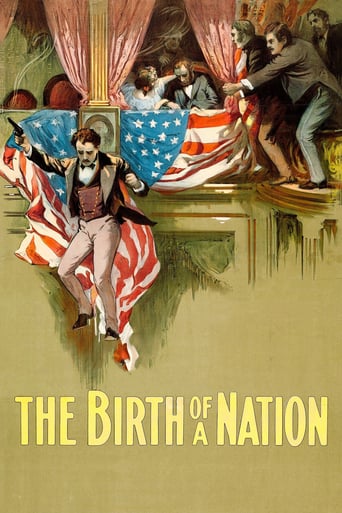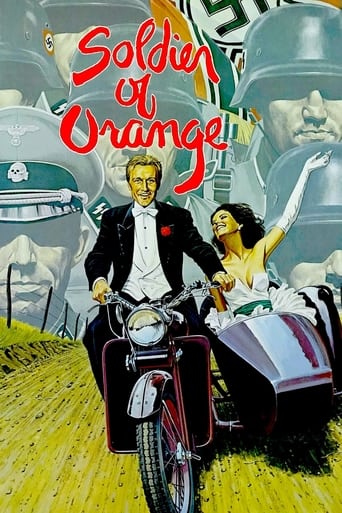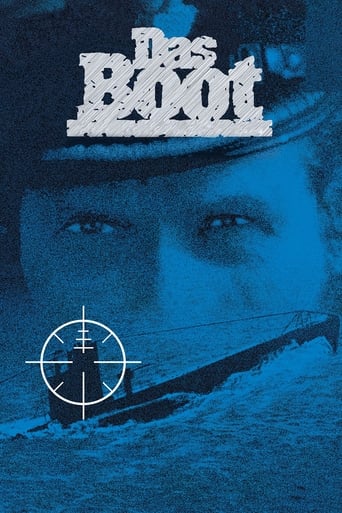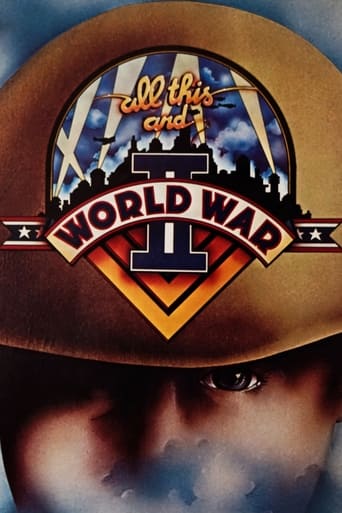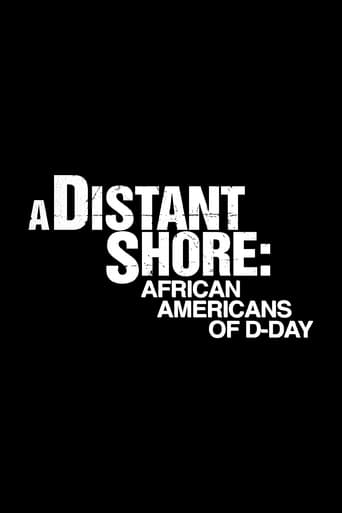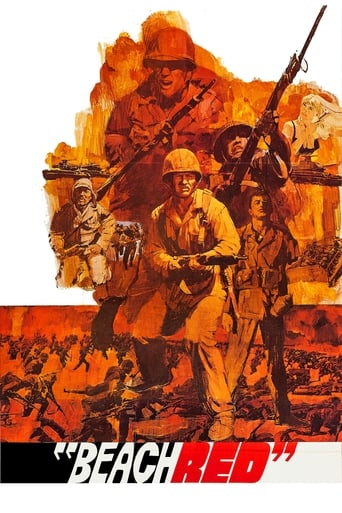
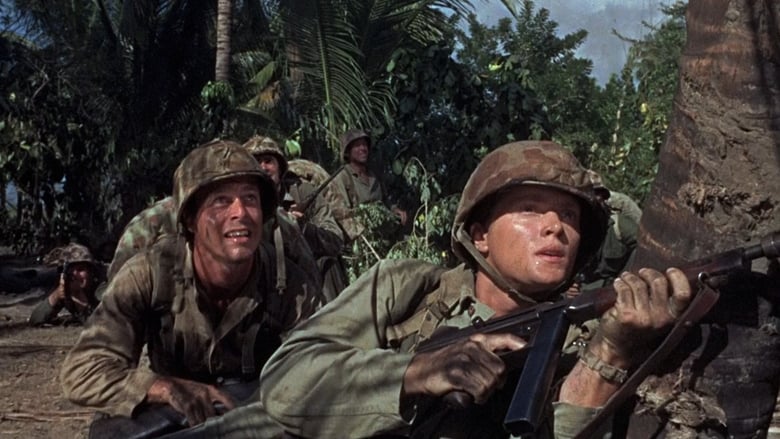
Beach Red (1967)
American troops storm ashore on a Japanese-held island and push inland while their enemies plan a counterattack in this look at warfare. Soldiers on both sides are haunted by memories of home and the horrifying, sickening images they find in combat.
Watch Trailer
Cast


Similar titles
Reviews
Visually compelling and focused on the battles of a group of Marines and on men's determination to survive their tour of duty . Intense and bloody fight for an occupied Pacific island and shot in Philippines outdoors . This is a thought-provoking as well as exciting wartime film about a spectacular battle for an essential island on the Pacific toll in which a typical crew of Marines fighting the ¨Yellow Menace¨ and it considered to be by some reviewers one of the best American films about the Pacific conflict during WWII ; however , being sometime slow , boring but generally worthwhile . At the beginning the American Marines ashore on a Japanese-held island . As an US marine unit formed by Captain MacDonald (Cornel Wilde) , Sergeant Honeywell (Rip Torn) and Privates (Jaime Sánchez , Burr DeBenning , Patrick Wolfe) fight against the defenders of a Japanese held island , both sides are haunted by their own thoughts and memories ; as battle experience hardens soldiers . What follows are a series of bloody attacks , on the beach , jungles , mountains in which the rifle company fighting Japanese who hold killers gun-machines and other deadly weapons .It is first hand account of a notorious battle on a Pacific island , and against an important base on a solitary atoll . Focusing on relationship between Capt. MacDonald/Cornel Wilde and his soldiers . Effectively portrays the dehumanizing psychological effects , battling soldiers on both sides are haunted by memories of home and the terrifying , sickening images they experience in combat , and using flashbacks by means of photos and images about their past existences . While the relationship between captain and his men makes the biggest impression and delivers the interesting main plot , among many sub-plots , some of which go nowhere . Interesting screenplay based on Peter Bowman's uniquely constructed novel "Beach Red" , it was published in 1945, near the end of World War II . The sequence in which Japanese troops tried to fool the US Marines by wearing their uniforms was taken directly from the source novel . This dark story produced/acted/directed by Wilde is immensely exciting , firmly characterized on its roles and in places very moving too . The film brings home the true horror of battle and the meaninglessness of it all and visually is stunning . Dealing with the inner thoughts , feeling and philosophical leaning of the soldiers , the picture sacrifices continuity to study several questions , utilizing records , memories and many other things . Combat images are naturally , well filmed and effective , getting spectacular scenes such as the impressive plane attacks on the ending . Atmospheric and evocative cinematography by Cecil Cooney . Sad and touching song sung by Jean Hagen , Cornel Wilde's wife . The movie has only one musical element , this song written by Antonino Buenaventura and it also is heard in other variations throughout the flick . Filmed in the Republic of Philippines and in Japan , the producer gratefully acknowledges the dedicated efforts and the cooperation of the entire cast , Department of National of Defense , the R.P. Marine Corps , the R. P. Navy , the R.P Army , the R.P Air Force , the R. P. Constabulary , the R.P. Research Institute , the R. P. Department of forest and a particularly the friendly and considerable people of the Philippines .This harrowing motion picture was compellingly starred , written , produced and directed by Cornel Wilde , being released through United Artists . Wilde does a competent job both as actor and filmmaker . It's amazingly well done movie , being Cornel Wilde's best film . He is especially credited as a good actor but also known for directing some acceptable flicks . His later films were of varying quality, and he ended his career in near-cameos in minor adventure films . As he directed adventures as ¨Maracaibo¨ ,¨Lancelot and Guinevere¨, ¨Sharks' Treasure¨ but also Noir Cinema as ¨The Devil's Hairpin¨, ¨Storm Fear¨ and Sci Fi : ¨Blade of Grass¨. ¨Beach red¨ rating : 6.5/10 , good film , well worth watching . Essential and indispensable seeing for warfare fans . It's a good stuff for young people and war movie lovers who enjoy enormously with the extraordinary battles in the lush jungle.Other fundamental tales based on Pacific landings were the followings : ¨Thin red line¨ by Andrew Marton with Keir Dullea and Jack Warden and ¨Thin red line¨ directed by Terence Malick with star-laden cast as Jim Cazievel as Private protagonist , Sean Penn as the Sergeant , and many others as George Clooney, Nick Nolte and Woody Harrelson . Furthermore , another important film about Guadalcanal battle turns out to be ¨Guadalcanal diary¨ by Lewis Seiler with Anthony Quinn , Preston Foster, Lloyd Nolan and Richard Conte .
At height of the Second World War, US marines storm the beach of a Japanese held island. Suffering heavy casualties, a platoon led by Captain MacDonald(CORNEL WILDE)pushes inland toward the thick jungle. MacDonald and his men are profoundly affected by the dangers they face, as are the Japanese. Soldiers fighting on both sides can only ease their deep emotional pain by reflecting on their peaceful pre war lives...Directed and produced by Cornel Wilde who also co-wrote and starred as the main character, Beach Red has a few very minor flaws which can be overlooked because of this. Despite being a murky film which is unflinching in it's brutality, Beach Red is extremely colourful for a war movie. The use of colourised wartime stock footage was aesthetically pleasing to say the least. This succeeded in humanising the battle sequences. The scenes of Soldiers trudging through the lush jungle were impressively photographed. The film's title sequence, which comprised of gorgeous watercolour paintings of soldiers in the hell of combat, was just breathtaking. These paintings are juxtaposed by the lyrics of the title song, "My Enemy And I". Describing what will inevitably happen at it's climax, the song's lyrics serve as a kind of synopsis for the film. Wilde forces the viewer to feel the seething heat of battle by showing a soldier deliriously staggering around after having one of his arms blown off by an explosion. Unfortunately, most of this scene was cut from the TV print, but even when simply talked about is equally shocking. Apart from this scene and a few other exceptions, Beach Red is not an excessively gory film, although the use of bloody closeups when characters are wounded really added to the realism. Wilde also allows the viewer to experience the fear of the characters as they kill each other like animals. The beginning sequence depicting the Marines inching toward the beach in the landing craft was particularly taut. The first time I saw this film I personally felt rather nervous when watching this scene, as if I was a Marine about to storm the beach.The film's anti war overtones evoke a Vietnam allegory. The scene showing Sergeant Honeywell(RIP TORN)stomping on a Japanese Captain's arms and breaking them in a fit of sadistic rage echoes the frustration and despair of American soldiers fighting in Vietnam. However, what really makes the film unique is Wilde's use of flashbacks. These add vicious bite to the film's narrative and when combined with the internal monologues of the characters, engage the viewer. These flashbacks also give the Japanese and American soldiers something in common, it basically says that everyone is human. They are quite dreamlike in form, at times manifesting themselves as brief stills. Either way, they add to the colour and depth of the film and it's story. I was completely drawn in by the inner conflicts of the characters which made it impossible for me to take my eyes off the screen. Cornel Wilde gives a sturdy performance as the sympathetic Captain MacDonald. It is Rip Torn who really steals the film as well as some of it's greatest lines. After breaking the Japanese Captain's arms, Honeywell is chastised by MacDonald and the dialogue exchanged between the two characters makes this scene probably the best in the film. Burr DeBenning also has some of the best lines and his character provides a slight pinch of comic relief in an otherwise gritty film. Genki Koyama turned in a robust performance as Colonel Sugiyama. This unknown Japanese actor made the character his own. The scenes in which the Colonel vows to crush the advancing American forces and plots their positions on a scale model of the island were truly fantastic. Apart from the flashbacks, Beach Red is crammed with meticulously detailed battle sequences which are epic in both scope and execution. The first battle on the beach was bone chilling, tight and exhilarating. The second battle in the rice field depicting tanks, flamethrowers and pillboxes in action was just as rigid, not to mention being masterfully shot. The brief utilisation of first person view in this battle and the first one made me feel as if I was part of the action. The strafing of hundreds of Japanese troops by American bombers near the end of the film was also truly gripping. The hand to hand combat sequences in the jungle were magnificently choreographed. Overall, the action sequences were packed with amazing special effects and stunts!. This explosive action builds to a dramatically affecting climax.Cornel Wilde addresses the topic of war in an intelligent and unique way. Thoroughly engrossing from beginning to end, brought to life by a moving narrative and containing some of the most amazing battle sequences ever shot, Beach Red was way ahead of it's time. Today's lacklustre war movies owe much to it. 10/10.
Cornel Wilde directed this combat film on Luzon in the Philippines, and he did a realistic job of it. He had the cooperation of what appears to be the entire armed forces of that nation. He had the cooperation of the U. S. Marine Corps too, but when they saw the results, they asked that their credit be deleted.There had never been another movie quite like it, but this was 1967 and a time of experimentation. Wilde had his actors lugging real forty-pound backpacks around on the beach. It's crude and sometimes arty and confusing but it was an original in its time. I don't believe we'd ever seen an assault from the sea in which bloody body parts were left floating in the water before. Corpses, yes, blown-off arms and legs, no.Wilde gives a good deal of sympathetic time to the Japanese defenders of this island. It's completely unlike any of the early World War II movies, such as, say, "Bataan," where the enemy is faceless and referred to only as "bandy legged baboons" and worse. Here, not only do the Japanese soldiers have faces, but some of them are handsome too, and they have friends, and, like the Americans, they have families back home and like the Americans they fight well before they die in agony. It's the kind of movie that's likely to make some people nervous. Not too many, only the ones who think about what they're watching.But it IS crude. I don't know what the novel is like, but I'll bet I could pick out the bits of dialog that were drawn from it. The rest is overblown and tends to state the obvious. And Wilde uses (sparely) internal monologues that could better have been dispensed with. We see a close up of a man's face and we hear his thoughts. "Will I get out of this alive? Oh, sure I will. I got my lucky rabbit's foot with me." That sort of thing. The dumb theme song is so glaringly obvious that it's almost palpable.It's arty too, as befits a war movie made in the 60s. An ominous spider hides in a pretty white blossom. (Did Terence Malick see this?) Lots of reminiscences about life back home, almost all of them in still shots. The interior monologues roll on. ("I love you, darling.") Everybody -- Americans and Japanese alike -- seem to have pretty wives and smiling children at home. Every damned one of them seems to have lived a better life than I have so far! And it's confusing, especially towards the end, as if hurried. This had nominations from two professional organizations for best editing and I can't imagine why. Wilde discovers that the Japanese are about to mount a flank attack and calls in the air force to stop it. "Here come the flyboys," he remarks with satisfaction. And indeed a couple of fighters fly over the beach and strafe the troops to pieces. The only problem is that the troops are all wearing Marine fatigues and there's not a Japanese in sight.The two men we've gotten to know best -- a hillbilly and a minister's son -- evidently have a terrific mano a mano battle with a Japanese soldier until only one American and one Japanese are left alive to show each other a touch of ironic humanity. But we don't see the battle, just the three soldiers lying there.Still, I give the thing extra points for its ambition and its ability to make war creepier than most films do. I can think of only three or four films that can make you squirm with discomfort while watching a battle, by showing that the enemy is something more than a villainous rat. I think of THOSE as true anti-war films. The others are puffery. Maybe necessary propaganda, even good propaganda, but propaganda nonetheless. I wonder if it's ever morally sound for us to leave a movie theater after a war movie feeling satisfied and proud, as if our local high school had just won a football game.
Despite Burr DeBenning's and Rip Torn's best efforts at overacting, there is absolutely nothing funny about this film. BEACH RED is one of the most straight-faced and poignant visions of World War II, featuring a lot more heart and humanity than most others of the era and production values which betray its small budget.Wilde had more creative control over this than any of his other projects and used it as nothing less than a damning condemnation of war not seen since ALL QUIET ON THE WESTERN FRONT. The Japanese aren't subtitled but are presented as just as human as the Americans, and everything appears fair and balanced without any jingoism, patriotism, or bravado in the slightest.It opens with us introduced with many low-level marines who bond and bicker while their landing boat approaches a deadly beach. What follows is some of the most harrowing war action seen up until recently in the likes of PLATOON or SAVING PRIVATE RYAN, and it doesn't let up for the next 20 minutes. This opening action is really top-notch, featuring plenty of pyrotechnics, massed extras, vintage Walker-Bulldog tanks, and even some flamethrowers. The real stand-out shot is when the pinned-down soldiers look back to the beach to see a lone G.I. staggering around with his left arm blown off. Truly powerful.At around this point the film makes a transition to flashback mode with lots of still images used for dramatic effect to show what all the players have to lose by the war. I don't think I've ever seen a film with this many stills, and they work just as well as (or better than) the live-action footage. In the end, it makes the deaths of even the most minor characters quite profoundly tragic. In the end, men have died, dreams have been crushed, memories lost... and just to take control of some obscure island in the Pacific.This was one of those many war films I remember catching on TBS back when I was 7 or 8. For some reason it always stood out to me, even though I was far too young to catch the meaning of it. However, as an adult and finally able to see it via DVD, I've come to appreciate it on a deeper level every time I can bear to watch it. An experimental, though not entirely successful film, BEACH RED is however the war film that most effectively communicates the tragedy of death in war.


